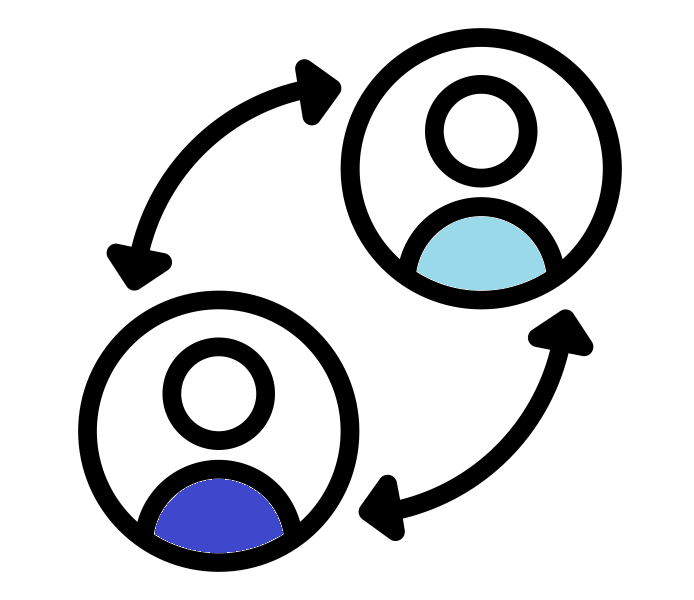 Click here for some tips for Care Partners
Click here for some tips for Care Partners
TIPS FOR PEOPLE WITH DIABETES
When you are sick, your body is under stress. To deal with this stress, the body releases hormones that help fight disease. But these hormones have side effects. Being sick can make blood sugar levels go up very high.
Making a sick-day plan ahead of time will help prevent any serious complications. The plan will help you and your Care Partner know what to do, and what supplies should be on hand to help.
HOW TO MAKE A SICK DAY PLAN
Discuss your plan with a healthcare professional. The plan should include directions on how to:

WHEN TO CALL A HEALTHCARE PROFESSIONAL
-
Your blood sugar is higher than 240 after you have taken the amount of medication in your sick-day plan and stays high for more than 24 hours
-
You are not able to take your diabetes medicines because of vomiting
-
Your blood sugar level drops below 70, and you have symptoms of low blood sugar that do not go away after eating food that contains sugar
-
You are sick with a fever and are not feeling better after a few days
-
You vomit or have diarrhea for more than 6 hours
-
You think you are having a problem with your medicine
-
You are breathing fast
-
Your breath smells fruity
-
Your mouth is dry
-
Your urine is a very dark color
-
You aren't sure what to do to take care of yourself
DURING A SICK DAY
-
Stick to your usual meal plan if you can eat. Drink sugar-free, caffeine-free liquids to stay hydrated, like water, broth, and diet soda.
-
Drink one large glass of liquid per hour to avoid running low on fluids. Extra liquid can help bring your sugar levels down.
-
Eat mild foods like regular (non-diet) gelatin, crackers, soups, or applesauce if eating regular foods doesn't work.
-
Stick to drinking liquids that contain carbohydrates, like regular soft drinks, juice, frozen juice bars, sherbet, pudding, broth, creamed soups, and fruit-flavored yogurt.
IF BEING SICK CAUSES CHANGES TO YOUR EATING OR MEDICATION ROUTINE
-
Check your blood sugar every 3-4 hours. If it is not in the normal range, contact a healthcare professional.
-
Continue taking any diabetes medications.
-
Do not stop taking medications, even if you are vomiting. You need the medication because your body makes extra glucose (sugar) when you are sick.
-
The sick day plan may explain how to adjust your medications. Call your healthcare professional with questions.
-
Check the label of over-the-counter medicines to see if they contain sugar. To be on the safe side, ask a healthcare professional about sugar-free medicines
-
|

 HOW CARE PARTNERS CAN HELP
HOW CARE PARTNERS CAN HELP